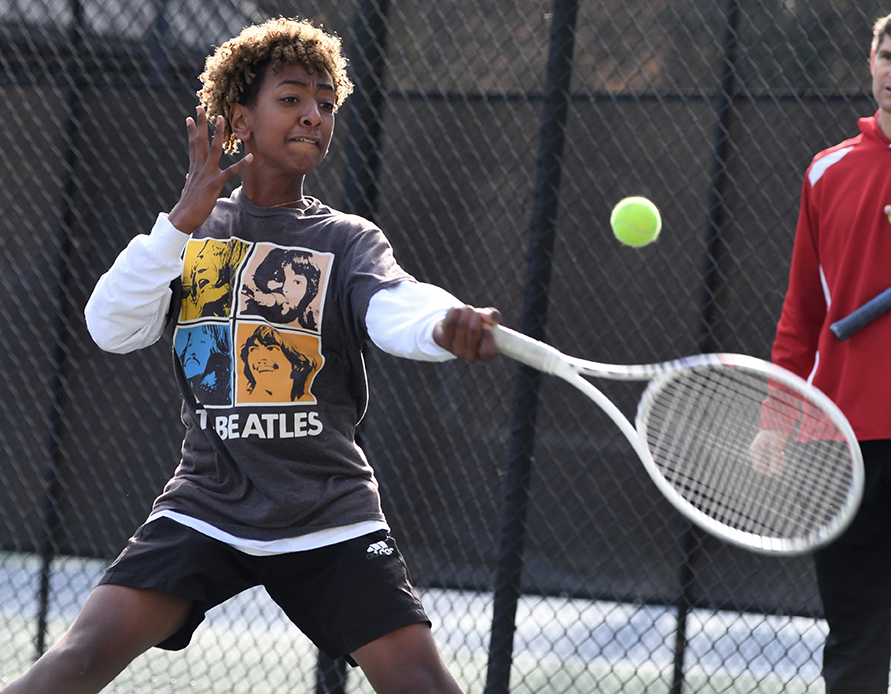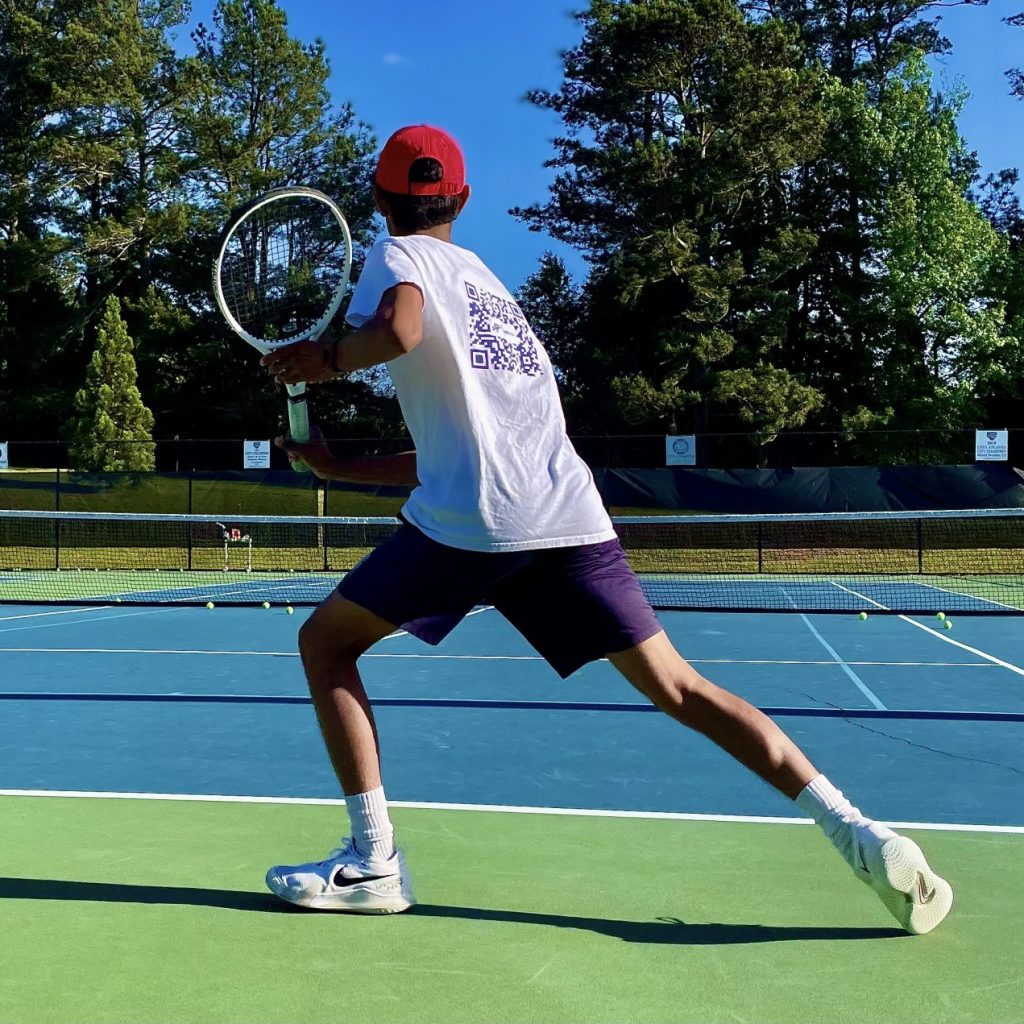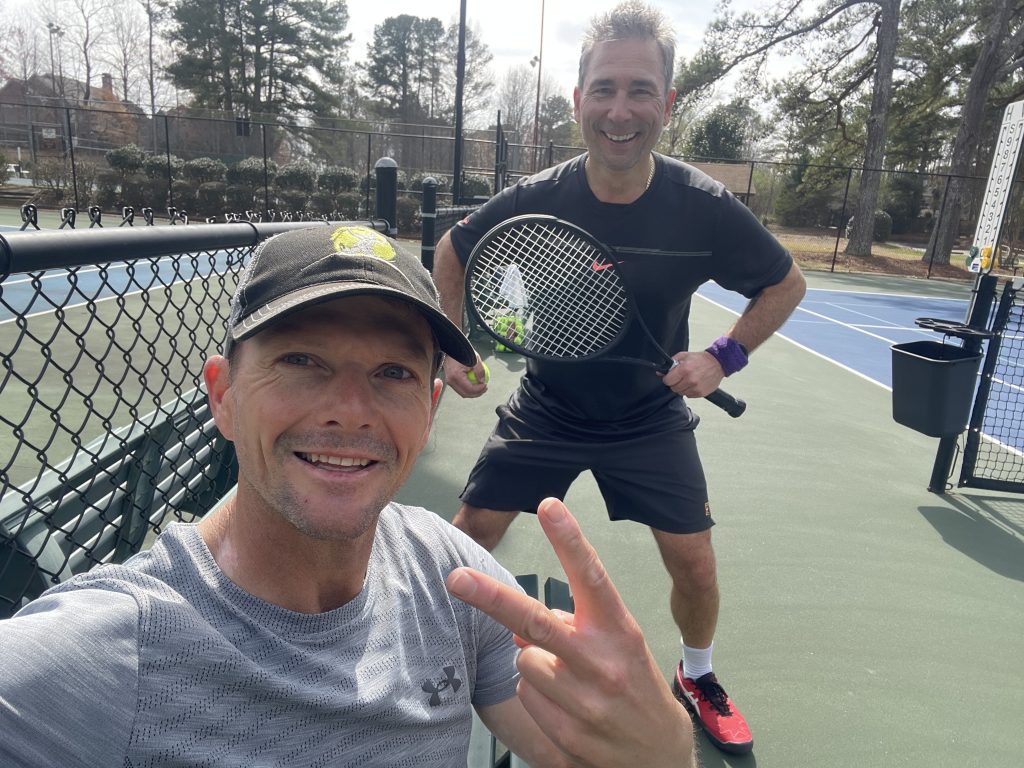Mastering Mental Toughness in Tennis: The Subtle Power of Presence
- By Kelton Allen

Tennis is not just a physical battle; it’s a mental marathon. The true champions of the sport understand that mental toughness—the ability to maintain top performance under the intense pressures of competition—is just as critical as a powerful serve. Yet, beneath the strategies and mental exercises touted for building this toughness lies a quieter, almost hidden philosophy that can transform a player’s approach to the game and their performance on the court.

The Core of Mental Toughness
At its essence, mental toughness in tennis is about focus, resilience, and an unwavering commitment to excellence, no matter the external conditions. But achieving this state of mind is less about fighting against one’s thoughts and emotions and more about embracing a state of complete presence in every moment of play.
The Unseen Practice

Consider the tennis player who approaches each practice session not just as a time to refine strokes and tactics but as an opportunity to cultivate a deep connection with the game. Every swing, step, and serve becomes a lesson in focus. This approach, though not explicitly labeled, mirrors the Zen practice of mindfulness—fully engaging with the present activity without distraction. It’s this quality of attention that elevates a routine practice into a profound exercise in mental preparation.
Calm in the Face of Challenge
In the heat of competition, players often face a storm of stress and emotion. The ability to remain calm and collected, making strategic decisions with a clear mind, is what separates the good from the great. This tranquility under pressure isn’t just a trait but a skill, one that’s honed through practices that resemble Zen meditation. By learning to observe one’s thoughts and emotions without getting caught up in them, players can navigate the tumult of a tight match with a serene focus.


Rising Above Setbacks
Every player experiences loss and disappointment. Yet, those who bounce back stronger share a common attitude: they see setbacks not as failures but as opportunities for growth. This perspective shift—looking at challenges as chances to learn and improve—echoes the Zen understanding of acceptance and detachment. It’s a subtle foundation upon which resilience is built, allowing players to move forward with an improved game and a stronger spirit.
The Process Over The Prize
Focusing on the outcome—winning or losing—can cloud a player’s mind with anxiety, detracting from performance. Instead, the most mentally tough players concentrate on playing each point with their best effort and skill, a practice in process orientation that aligns closely with Zen teachings. By immersing themselves in the flow of the game, players can unleash their true potential, often achieving their desired outcomes as a natural result.

Conclusion
The path to mental toughness in tennis is paved with more than just drills and positive affirmations; it’s underlined by a philosophy that champions presence, acceptance, and a focus on the journey rather than the destination. While not always explicitly acknowledged, the principles of Zen permeate this approach, offering players a way to transcend the ordinary challenges of the sport and find a deeper, more rewarding connection to their game. As they step onto the court, they’re not just armed with physical skills but with a mindset that prepares them to face every serve and volley with a calm mind and a resilient heart.

Coming Soon: How you can start Developing mental toughness: Part I
you can do at home to develop the first part of
mental toughness: Mindfulness.
